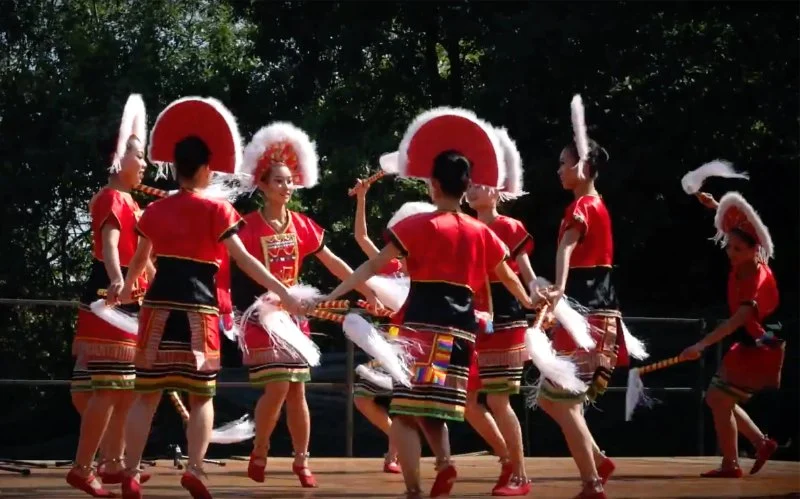
- cultural-context-school-dances-in-taiwan
- do-schools-in-taiwan-have-dances
- why-dance-events-are-rare-in-taiwanese-schools
- exceptions-and-evolving-trends-in-school-culture
- american-dance-academy-global-influence
1. Cultural Context: School Dances in Taiwan
When Americans ask, do schools in Taiwan have dances, the assumption often comes from traditions like U.S. prom or homecoming. However, Taiwanese school culture operates differently. While dance is highly respected as a performing art, the concept of casual school-sponsored social dances is relatively uncommon.
Taiwanese education places strong emphasis on academic achievement, structured curriculum, and discipline. Social events, if held, typically focus on sports days, talent shows, or academic competitions. This makes school dances less integral to the school experience.
2. Do Schools in Taiwan Have Dances?
The straightforward answer is: generally no, at least not in the same form as Western-style school dances. Taiwanese high schools and junior highs do not typically host formal or semi-formal dance events. However, exceptions exist in international schools or private institutions that embrace Western-style extracurriculars.
2.1 Dance as a Performance Art
Although social dances are rare, dance as an art form thrives in many Taiwanese schools. Students often join dance clubs, train in styles ranging from street jazz to traditional folk, and compete in inter-school showcases. So while a prom-like event may not occur, dancing still holds cultural and creative significance.
3. Why Dance Events Are Rare in Taiwanese Schools
The scarcity of school dances stems from several cultural and administrative factors. Taiwanese schools maintain a formal and disciplined atmosphere, especially at the junior high and high school levels. Organizing social events that involve close interaction between boys and girls can be considered inappropriate by some parents or educators.
3.1 Parental and Institutional Expectations
Parental attitudes also shape the extracurricular landscape. There is a prevailing belief that school years should be focused on academic performance, national exams, and preparation for university—not on dating or casual social gatherings. In many cases, schools prefer to avoid potential controversies by simply not offering such events.
4. Exceptions and Evolving Trends in School Culture
Despite these norms, the tide is slowly turning. In urban areas like Taipei or Taichung, student-led organizations have begun proposing and hosting more open cultural events. Some schools now allow end-of-year banquets or talent show parties where light dancing might occur. In bilingual and international schools, prom-like events are even becoming a tradition.
A growing appreciation for creative self-expression and soft skills development is prompting some educators to rethink the strict academic-only mindset. Slowly, Taiwanese youth culture is aligning more closely with global student life patterns—albeit at its own pace and flavor.
5. American Dance Academy: Global Influence
For students in Taiwan who wish to explore dance beyond the classroom, institutions like American Dance Academy offer an ideal bridge. With structured curriculum, international techniques, and performance opportunities, such schools empower young learners to embrace dance in both its artistic and social forms.
Whether you're a parent looking to support your child’s interest in dance or a student eager to expand your expressive freedom, American Dance Academy offers a global standard of training and personal growth—no matter what your local school offers.
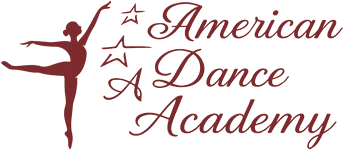
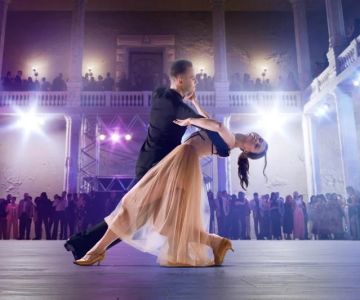
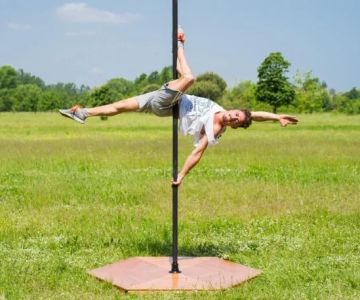
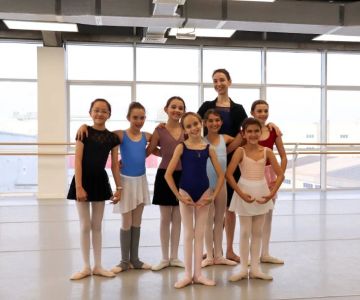
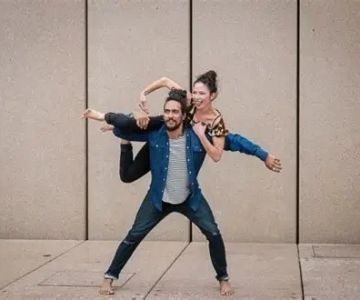
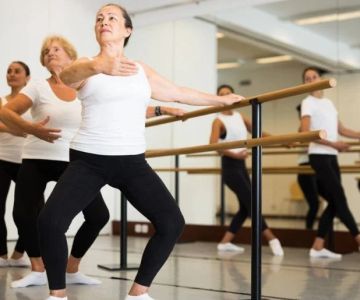
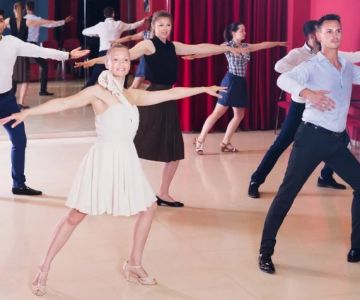
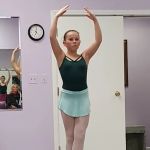 Barrington Dance Academy5.0 (22 reviews)
Barrington Dance Academy5.0 (22 reviews) Canyon Concert Ballet4.0 (17 reviews)
Canyon Concert Ballet4.0 (17 reviews) Big City Dance Center LLC4.0 (25 reviews)
Big City Dance Center LLC4.0 (25 reviews)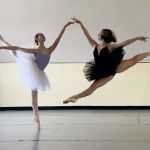 Tye Chua Dance & Kalamazoo Ballet5.0 (18 reviews)
Tye Chua Dance & Kalamazoo Ballet5.0 (18 reviews)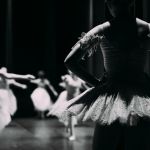 Fenton Ballet Theatre4.0 (24 reviews)
Fenton Ballet Theatre4.0 (24 reviews) Front Street Dance Center5.0 (7 reviews)
Front Street Dance Center5.0 (7 reviews) Are There Dances in Middle School? What Students and Parents Should Know
Are There Dances in Middle School? What Students and Parents Should Know How a Dance School in Instagram Builds Community and Success
How a Dance School in Instagram Builds Community and Success Why Do Schools Teach Square Dancing?
Why Do Schools Teach Square Dancing?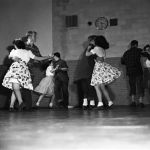 Why Was Square Dancing Taught in School?
Why Was Square Dancing Taught in School? Why Swing Dance Is Popular for Adults
Why Swing Dance Is Popular for Adults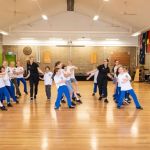 A School Dance: How to Prepare, Shine, and Make It Unforgettable
A School Dance: How to Prepare, Shine, and Make It Unforgettable